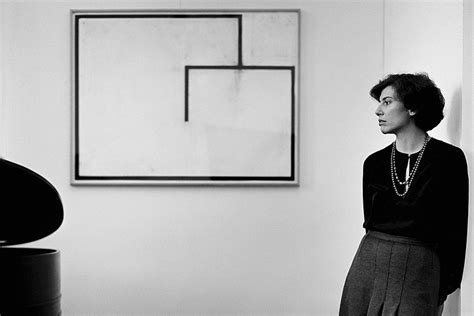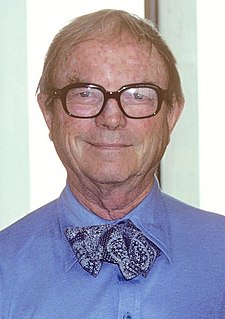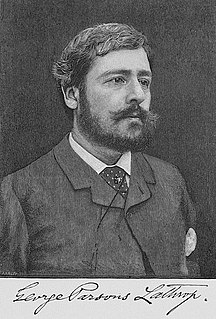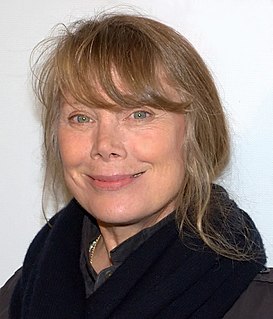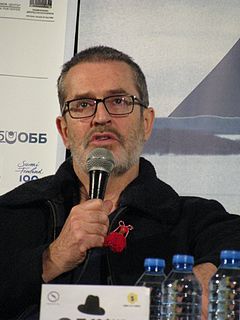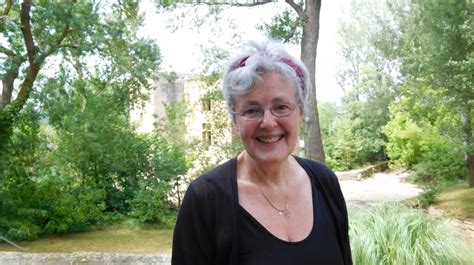A Quote by Tim O'Brien
Above all, a well-imagined story is organized around extraordinary human behaviors and unexpected and startling events, which help illuminate the commonplace and the ordinary.
Related Quotes
Realism sets itself at work to consider characters and events which are apparently the most ordinary and uninteresting, in order to extract from these their full value and true meaning. It would apprehend in all particulars the connection between the familiar and the extraordinary, and the seen and unseen of human nature.
We tried to present the ordinary in an extraordinary manner. But that's the paradox because the only thing extraordinary about it was that it was so ordinary. Nobody had ever done it before, deliberately. Now it's called documentary, which I suppose is all right ... We just took pictures that cried out to be taken.
I think that even though The German Doctor (Wakolda) is placed in a historical context , it is a very intimate story. The film has been extremely well received around the world. It keeps on going around, opening in different markets, and connecting with the audience. In Argentina it was seen by over 450, 000 spectators, which is way more than anything we could have imagined.



